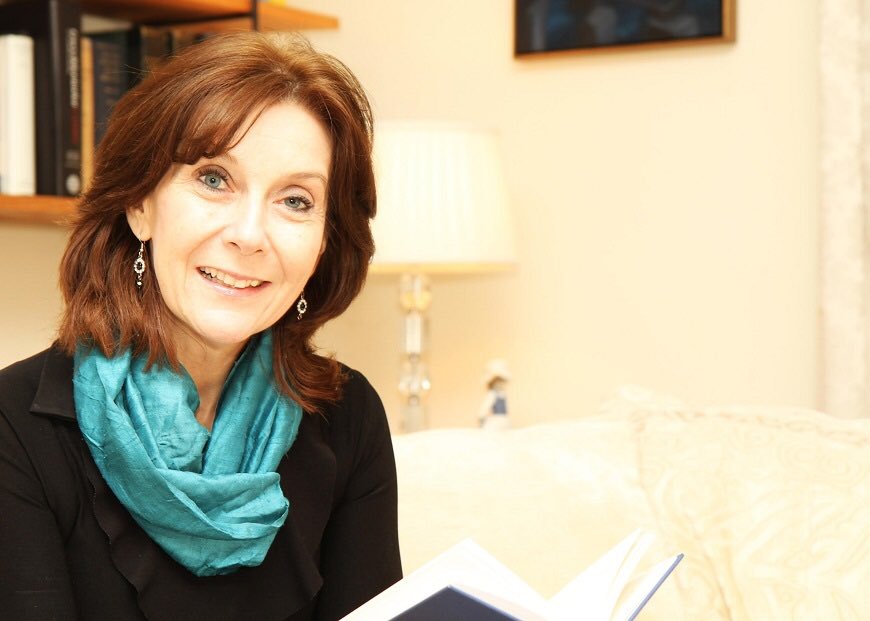Summary of Dychymyg Iaith article – O’r Pedwar Gwynt, Summer 2019
The Imagination of Language
The article is an attempt to answer a question that has intrigued me for years, namely: what is language?
Nobody seems to be able to define language with certainty; not the biologists, the linguists, the social scientists, the philosophers … Writers, poets in particular, have imagined it to be various things. Take Gerallt Lloyd Owen, who sees it as an uneasy force you can find in the mountains and in the soil, Waldo Williams sees it as the daughter of danger, Miguel de Unamuno as the vehicle of ideas and the blood of the soul …
Of course, in Wales, we’re always concerning ourselves with language, (though rarely with the basic question of what it is); but recently with the Million Speakers goal and the new Curriculum for Wales, where the area of learning and experience is no longer ‘language’ but languages and where Welsh, English, French etc. are no longer separate subjects, the question seemed to take on an ever greater claim for an answer.
The article soon finds itself exploring the question in the context of bi- and multilingualism.
What does it mean to exist in a bi-or multilingual mind and to communicate in a bi-and multilingual Wales and world? We know full-well that language is more than words, more than grammar, but what is its relationship to thought? And how does a language that is no longer spoken by a community affect that community’s identity?
The bilingual mind knows that having two languages is not simply a case of having two sets of labels for the same set of things. After all I can say ‘seat’ and ‘chair’ – two labels for the same thing – in the same language. No, having two languages enables us to understand how language is a window on the world since each language offers us a different perspective. To illustrate this point, I’m reminded that in Welsh we can’t say ‘I have something’. This is not a concept for us. We don’t express the relationship between us and things in this subject-verb-object way. Possession is not conceived like this for us. Instead of ‘I have X’ we say that ‘X is with me’. So I can’t say ‘I have a Porsche’ in Welsh (nor in any language for that matter!), I can only say ‘there is a car with me’… and being biased, I feel that this latter expression is rather enlightened…
Be that as it may, by the end of the (rather long article – thanks to the editors for allowing me the space), the deliberations lead me to close not with an answer to my question alas, but with a claim that language – the Welsh language at least-, offers us all an exclusively inclusive and inclusively exclusive potential.
Mererid Hopwood

